CONFERENCE’S VIDEO REPLAY
SOME OF THE CONFERENCE’S HIGHLIGHTS
Panel Discussion: Re-thinking Strategies, Re-charting the Course
The Secretary General of the Aegean and Island Policy at the Ministry of Maritime Affairs and Insular Policy, Mr Manolis St. Koutoulakis, representing the Prime Minister and the Minister of Maritime Affairs, noted the importance of shipping, especially during the past 3 years. He stressed that we Greeks are proud of our shipping and gave an overview of Greek shipping. People outside the shipping community sometimes ignore its role. As a first step, we have to inform our societies of the importance of shipping nationally and globally.
Panel Discussion: Re-thinking Strategies, Re-charting the Course
Dr Ing. Konstantinos Karachalios, Managing Director of IEEE Standards Association, noted that there exist solutions, but new ones are needed and the same applies to interoperability. He stressed the role of IEEE SA in setting standards, being an international, trusted, independent body. Standards for IEEE SA are facilitating the industry, by setting the technical specifications to help achieve the goals. Organising ports may also offer solutions, in other words solutions may not only be of a technical nature.
Panel Discussion: Re-thinking Strategies, Re-charting the Course
Dr George D. Pateras, President of the Hellenic Chamber of Shipping and Deputy Chairman of Contships Management Inc., gave the example of the car industry, which is not required to reduce its carbon footprint. Shipping has to come up with new technologies and new fuels! In passenger ships, they decided to go Green and opted for hydrogen. From coal to oil, it took 8-10 years. Now we have 15 years and this is because the alternative does not yet exist. There is a huge hype about the environment, but greenwashing is also at play. If we keep on burning the fuel that we currently burn more effectively, we may achieve lower emissions. Realism and political agreement are necessary to achieve the goals. Optimising the routing of ferryboats has brought about very positive results (10% saving in fuel!).
Panel Discussion: Re-thinking Strategies, Re-charting the Course
Mr Leonidas Dimitriadis-Evgenidis, IMO Ambassador for Greece and President of Eugenides Foundation, stressed the importance of the human factor. Greek shipping accounts for more than half EU deadweight. But in terms of people, we need more, both onboard and ashore (at least another 10000 officers). We are a maritime nation and very proactive in order to enhance the system. In Europe there is lack of excellency in skills and this also applies to Greece and shipping. Many young people want to attend universities in Greece leading to careers ashore, but there is lack of seafaring personnel.
Prof. Synolakis intervened asking about market forces. Mr Evgenidis replied that improvement is needed in the way to attract more people in the maritime profession. Regulation is a huge deal-breaker for interested persons (e.g. criminalizing the crew in case of pollution). Dr Pateras explained that crews can be excellent and efficient, but how can one train the crews if there is not one fuel for the world and train the personnel to run this technology? He also noted that Greece is ahead of the curve and is investing millions in research to this respect. Defragmentation of projects and responsibilities at EU and international level poses only obstacles.
Innovation Pitch: Dragon Seeds. Start-ups and successful pitching with Mr Harry N. Vafias
Ms Irene Nikolopoulou and Mr Angelos Roupas Pantaleon discussed with Mr Harry N. Vafias, Founder and CEO of Stealthgas Inc, Founder and CEO of Imperial Petroleum Inc., on “Dragon Seeds. Start-ups and successful pitching”. The first question to Mr Vafias was how to convince people, especially financiers, on a new business venture. Life is a non-stop pitch, a non-stop negotiation for Mr Vafias, and this applies to everything and every relationship. Persistence, timing, luck, good knowledge of the sector, negotiation skills are required. How does a young entrepreneur convince others? In the UK the attitude was different from that in the US. In the US they were excited by his age, once the project was solid, they had no problem investing in his project. He puts emphasis on the way a project is presented and the character shown by the entrepreneur. In shipping most owners are not very keen on technology, which also applies to Mr Vafias, as he prefers tangible products. As for the current juncture, he believes that shipping is now in a transition phase. A secret to his success is that he never gave up, he fought for his ideas, he closed his ears and moved ahead.
Insider Insights Fireside Chat with Mr Alexander C. Hadjipateras and Mr Angelos Roupas Pantaleon
Mr Alexander Hadjipateras, SEVP, Dorian LPG (USA), LLC and MD, Dorian LPG Management Corp discussed with Mr Angelos Roupas Pantaleon about the human element in shipping, from the perspective of the younger generation. Mr Hadjipateras noted that over the past three years, the human element has come even more to the foreground. The ship is the floating business of the company and it is essential to instill a sense of ownership. This is achieved through crew loyalty, training and managing structure. One of the most recent challenges they had to face was the co-existence of Russians and Ukrainians on board a vessel. Technology and the human element are bridged together and help improve efficiency. As for shipping cycles, they use time charters, while hedging portfolios, monitoring the market and reacting accordingly. Managing in-house is rewarding while getting hands-on experience is necessary.
Panel Discussion: What will it take to bring Shipping Finance back to its Roots?
The panel moderator, Mr Angelos Roupas Pantaleon asked the panelists about the regulatory framework for banks on the occasion of the recent bank run. Mr Bart Veldhuizen replied that probably the regulatory bodies in the US eased up their oversight on smaller institutions. Mr Konstantinos Petropoulos said that we do not yet know the impact of recent events. Mr Vasilis Papagiannopoulos sees that there is reciprocity and very good service from their bankers. Regulation is a very interesting topic, as one cannot regulate everything. Mr Nicholas Petrakakos noted that the regulatory framework has allowed the emergence of credit funds and leasing in shipping. Relationship banking is helpful, but may not drive innovation in financing, as alternative financing does.
Insider Insights Fireside Chat with Mr George Sp. Alexandratos and Mr George Laios
On a friendlier note, Mr George Alexandratos, General Manager, Apollonia Lines SA, Vice President, Hellenic Chamber of Shipping, discussed with Mr George Laios, Deputy CEO, Intermodal Group, Vice President B, Association of Banking and Finance Executives of Hellenic Shipping, on how he sees the dry market. He stressed that shipping is the cheapest way to transfer cargos, this is why it accounts for 90% of world transport, and this will not stop any time soon. Over the past 30 years, we have the shortest order book and for the first time this year and up to 2025 there will be more scrap than incoming new vessels. This gives ground for optimism. As regards ship financing, Mr Alexandratos believes that one needs to know finance. He personally is conservative and this has worked for him up to now. In his experience, it has not been difficult, as a fund, to raise funds from a bank. Easy money is a trap. He believes in the Greek maritime cluster and stressed the need to go together and promote shipping, putting it to the fore.
Insider Insights Fireside Chat with Mr Konstantinos Delaportas and Mr Alexandros Damianidis
Mr Konstantinos Delaportas, Chief Executive Officer, Meadway Shipping & Trading Inc. discussed with Mr Alexandros Damianidis, Partner, Assets & Structured Finance Group, Watson Farley & William on the story of Meadway and its presence in different parts of the world (including Singapore and Dubai). They combine ship owning with operating, in order to be close to the cargo. He is proud of their work. The dry sector had some rough patches over the past years. For the years ahead he sees that the fundamentals are strong (supply and demand), China has opened up again and foresees growth, elements that will boost trade. Also we are at the lowest order book, as people do not build new ships. As concerns fleet renewals, he is more pro new builts, as new vessels have new engines, lower operating expenses and less emissions. They prefer to build their ships in Japan, where design is more improved, specifications much better. Also the resale value of a Japanese ship is higher than that of a Chinese and its consumption lower. Turning to fuels, he believes that for the dry bulk sector, it will not be easy to find a good alternative to oil. Finally, as regards shipping finance, he believes that it is easier to find finance than find a ship!
Insider Insights Fireside Chat with Mr Theocharis V. Terzis and Mr John N. Cotzias
The last discussion of the day was that between Mr Theocharis V. Terzis, Business Development Manager, Queensway Navigation Co. Ltd and Mr John N. Cotzias, Project & Finance, Xclusiv Shipbrokers, President, Hellenic Shipbrokers, who discussed challenges in their company. The market is good and obviously the question is what will happen in terms of environmental compliance. Every trading pattern has its own solution. Electification is a solution for the bunkering segment. For the asphalt market, different solutions are being explored. There is a lot of technology, let’s take one step at the time. The point is what the regulators will do at the end. Many ship owners are ready for the future, but the rest of the stakeholders are not as ready to follow.


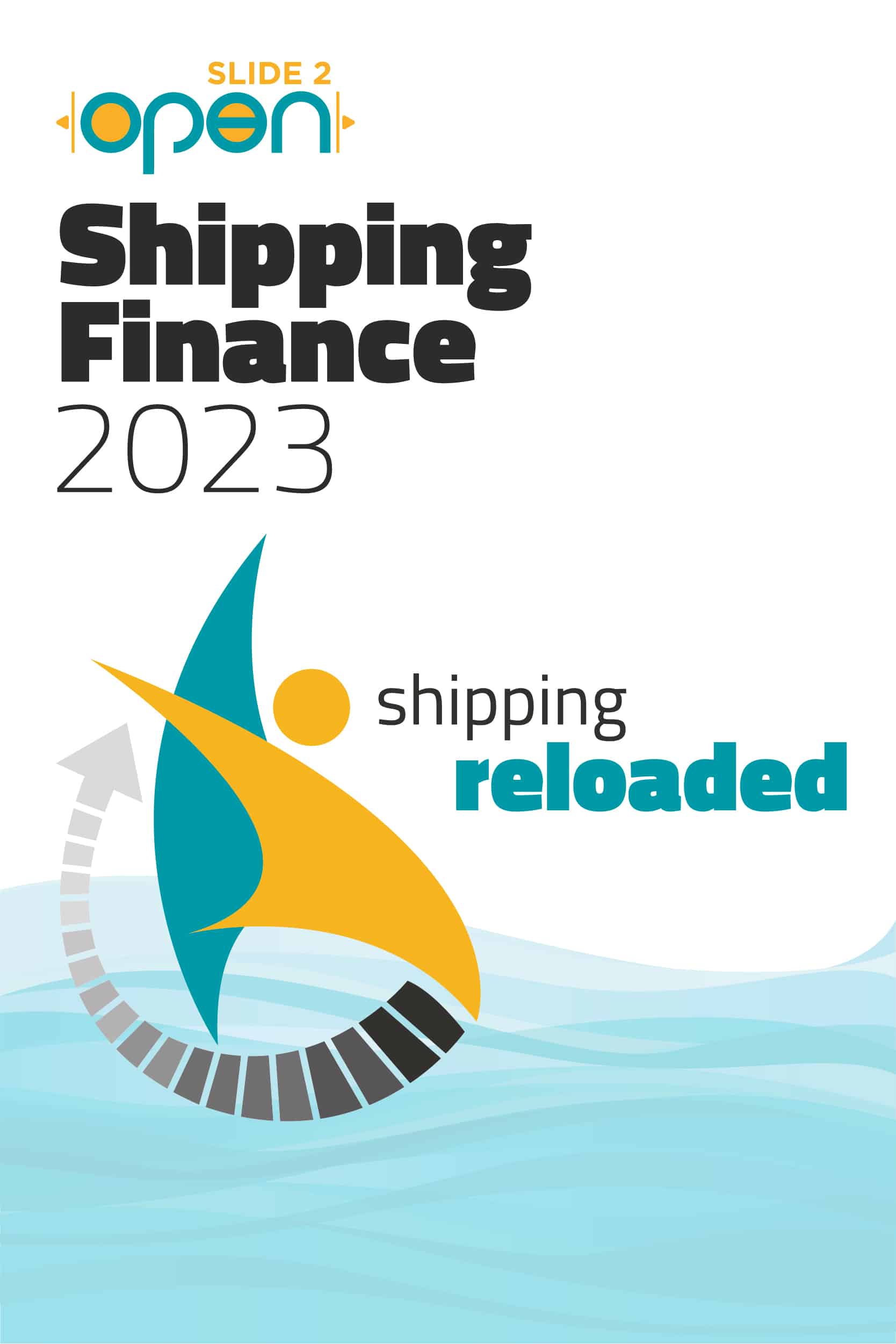

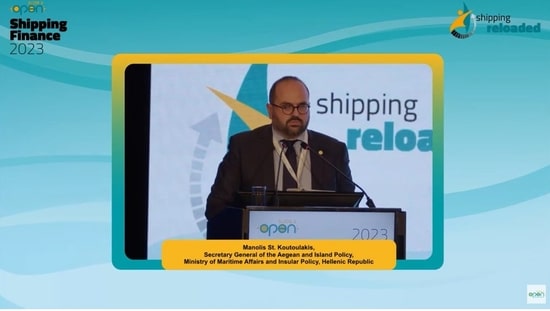

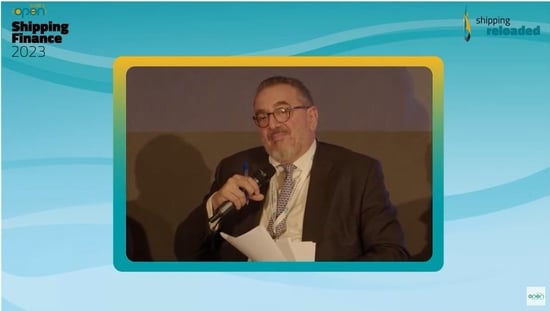

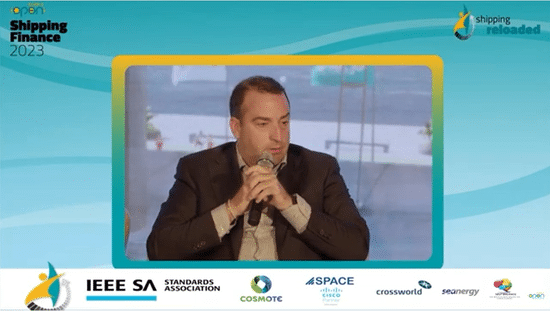





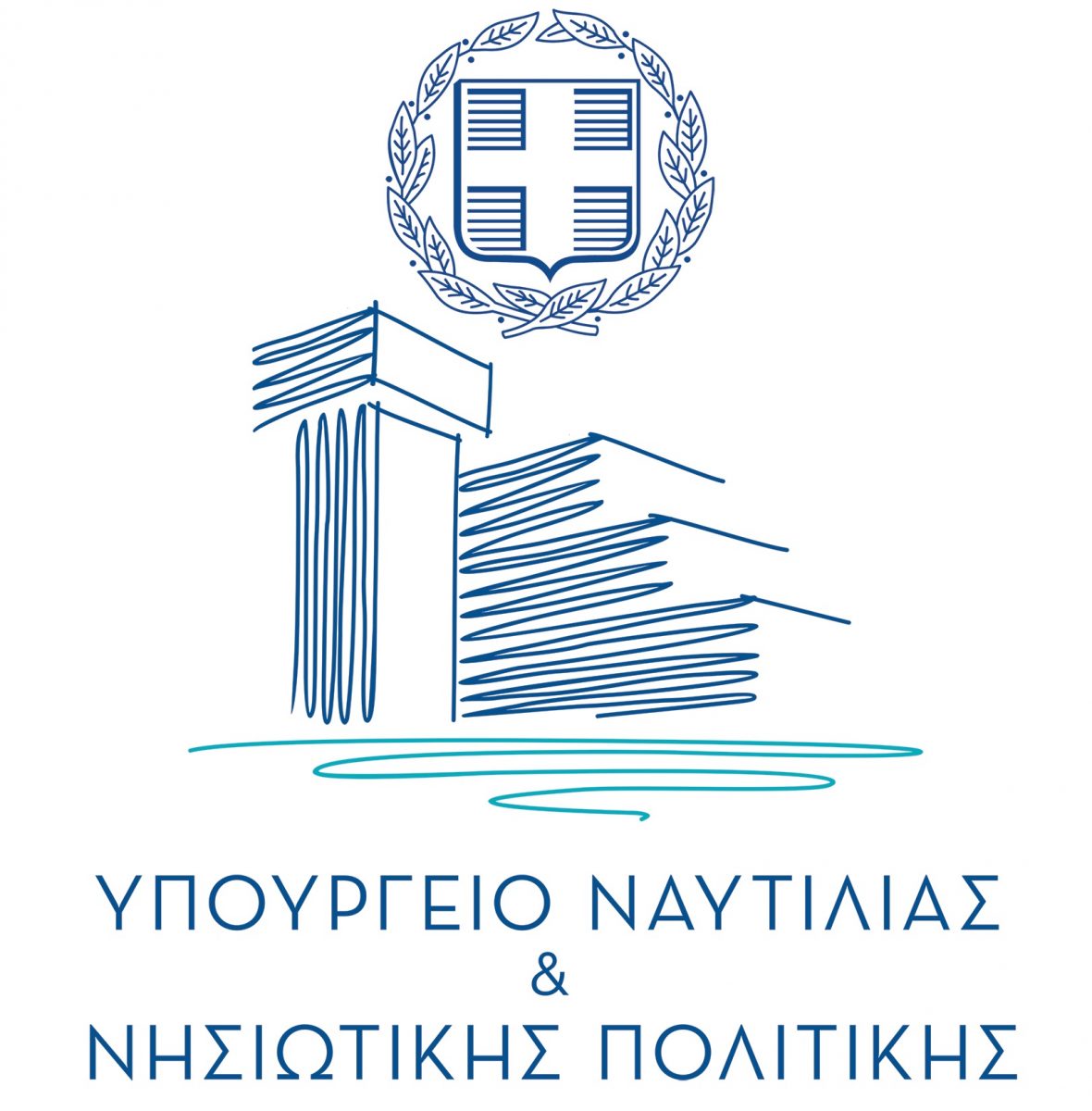
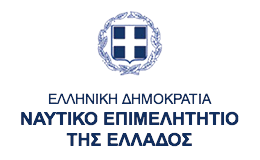
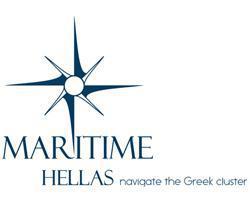
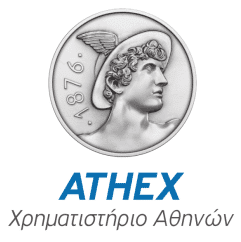
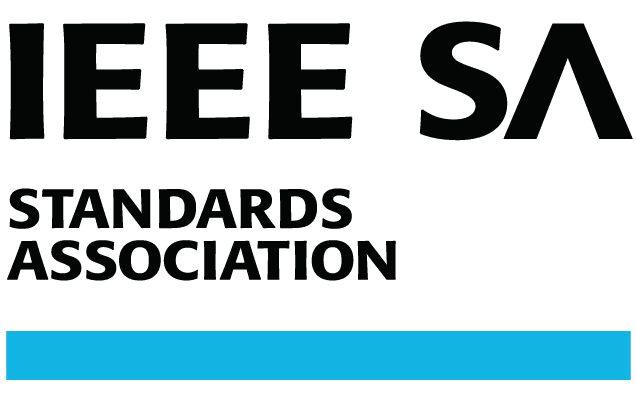

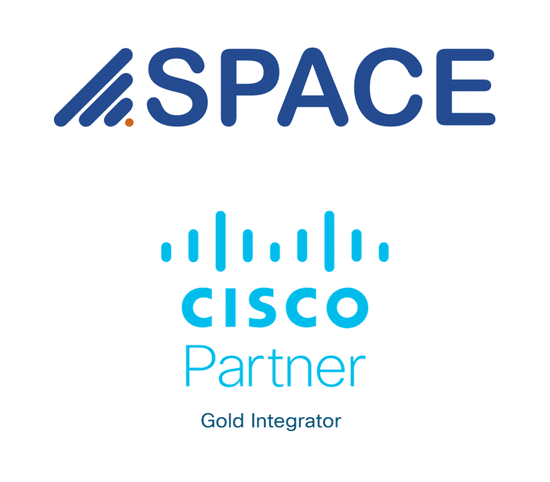

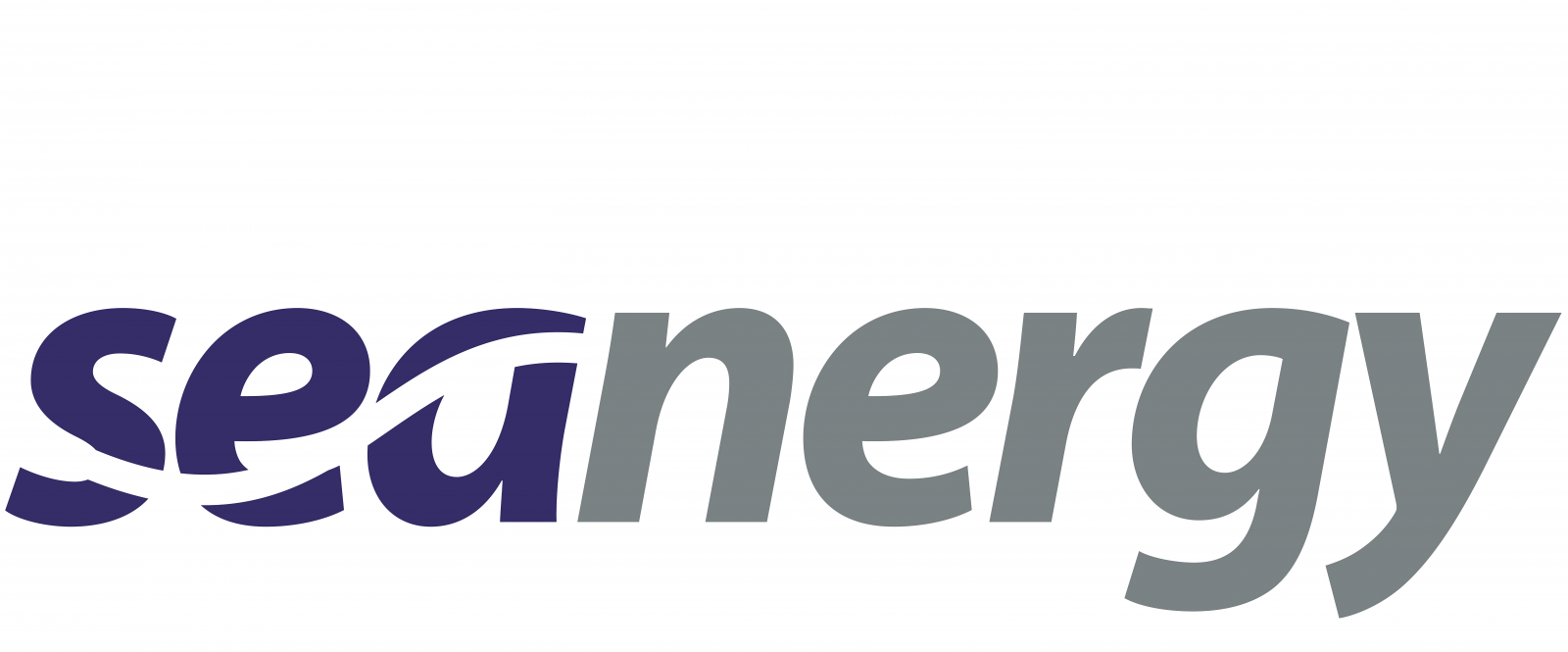

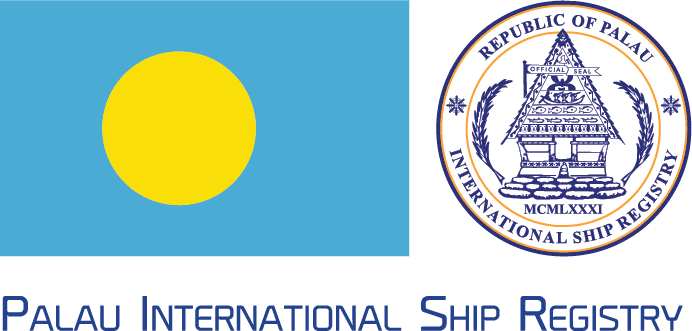
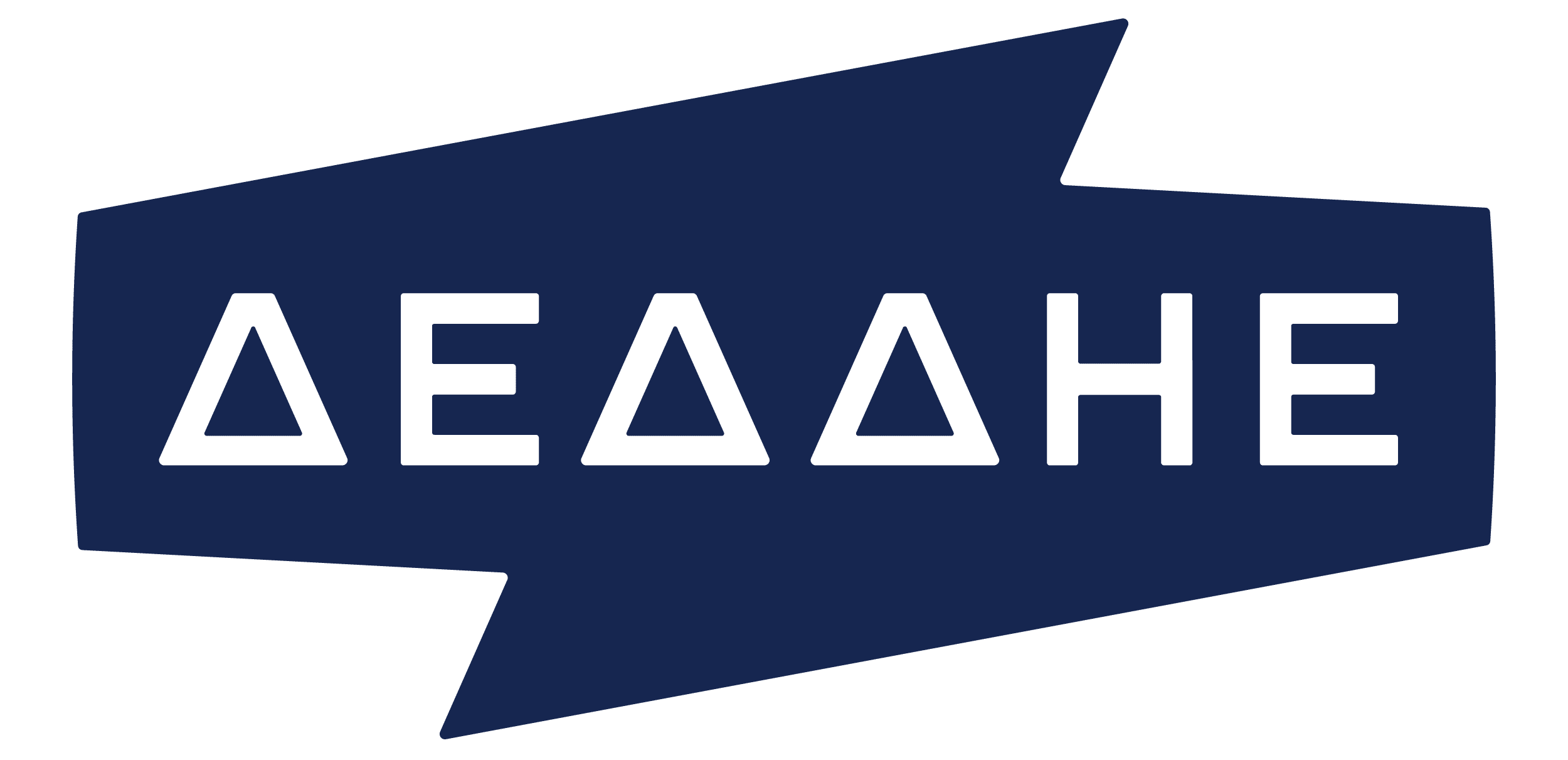
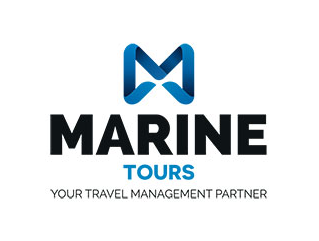
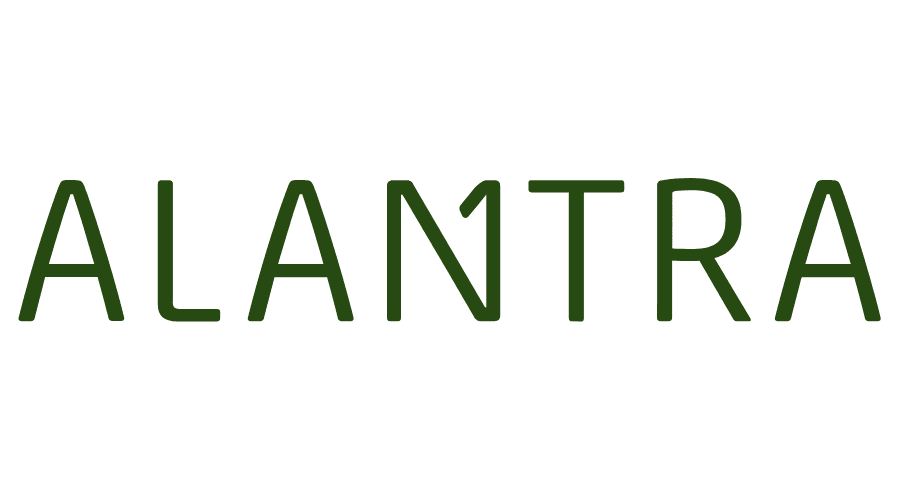
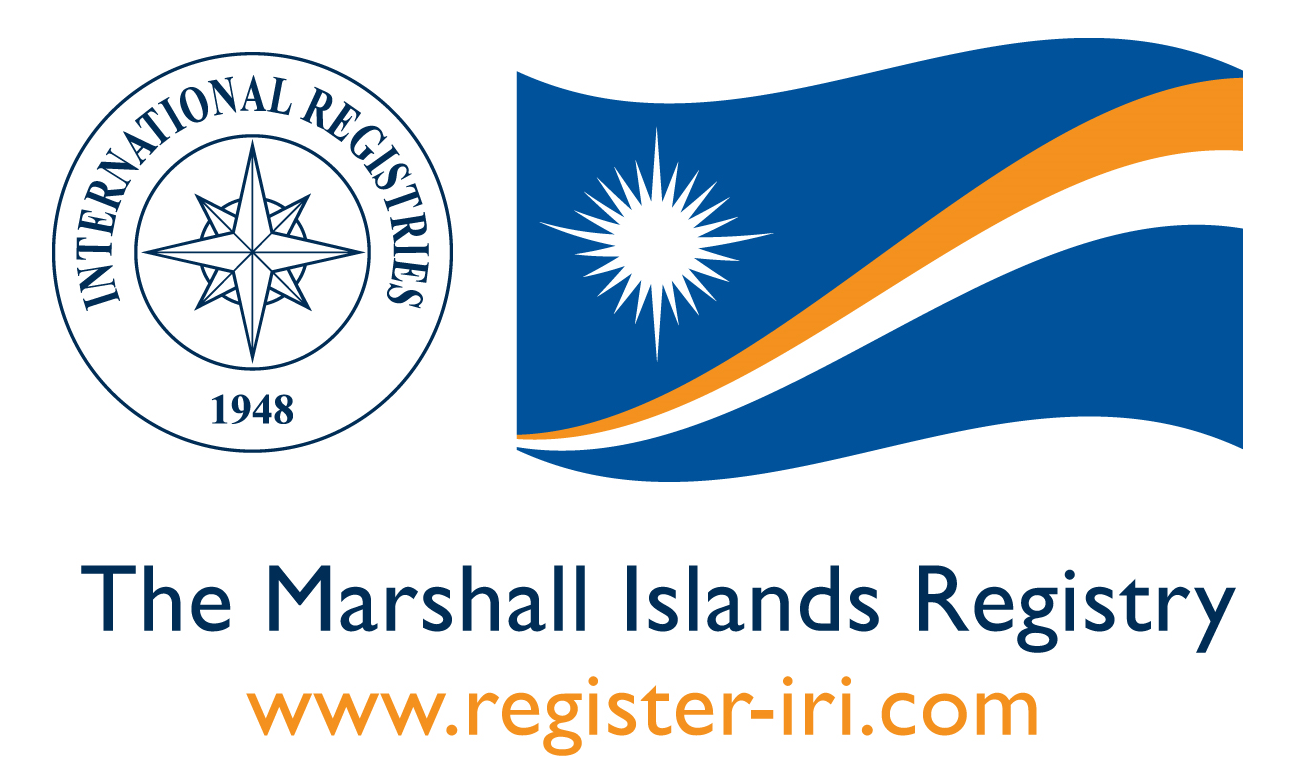

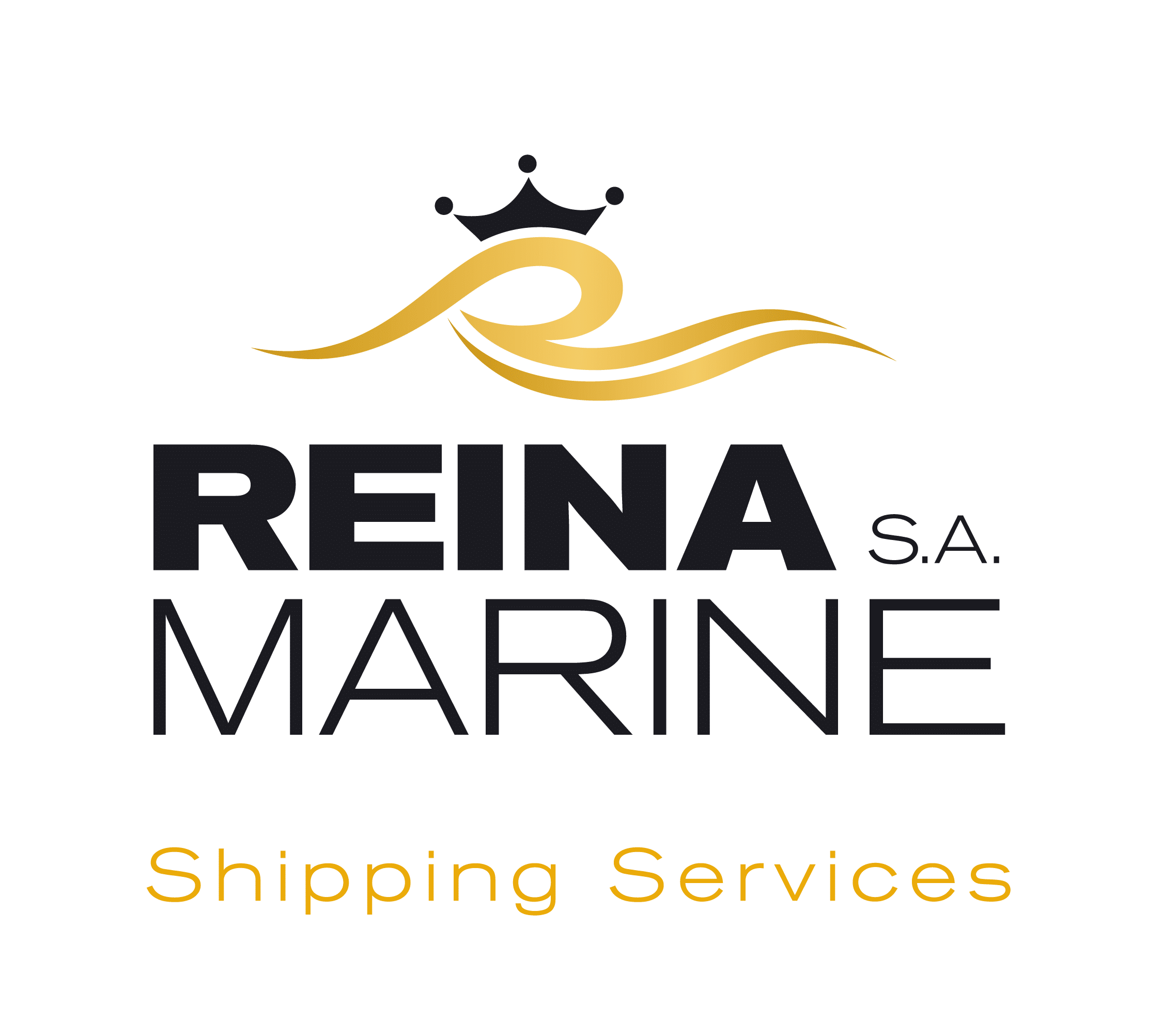
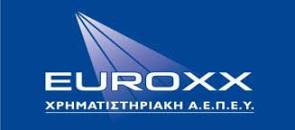






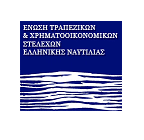
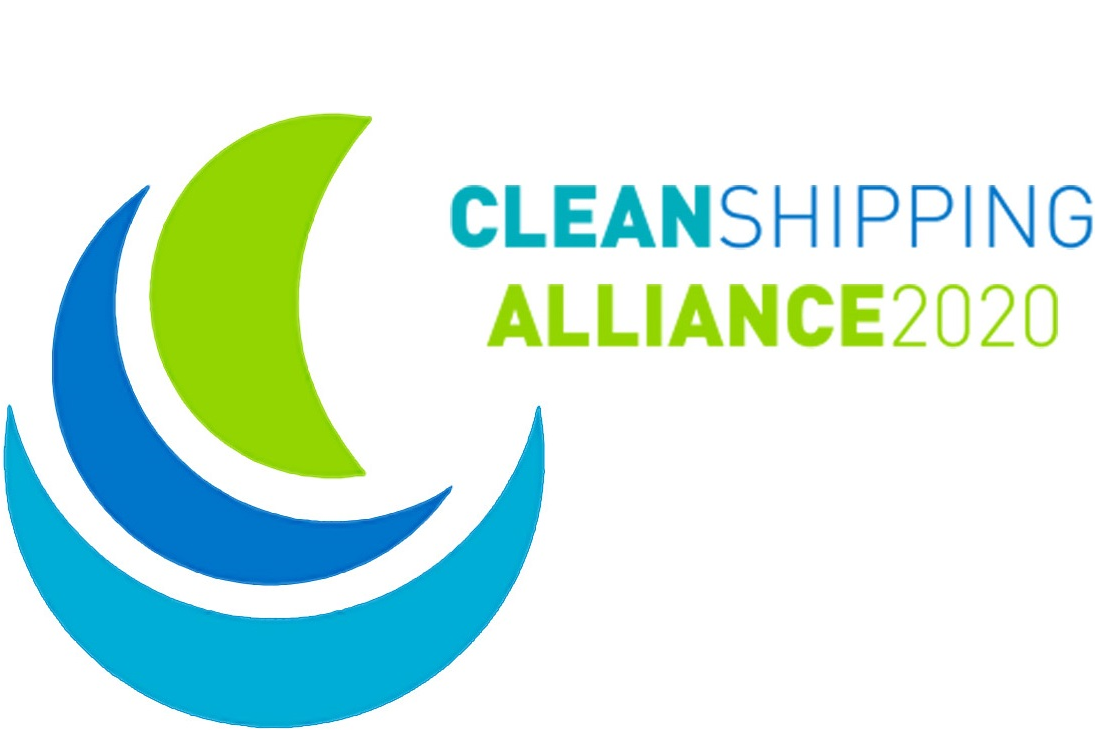

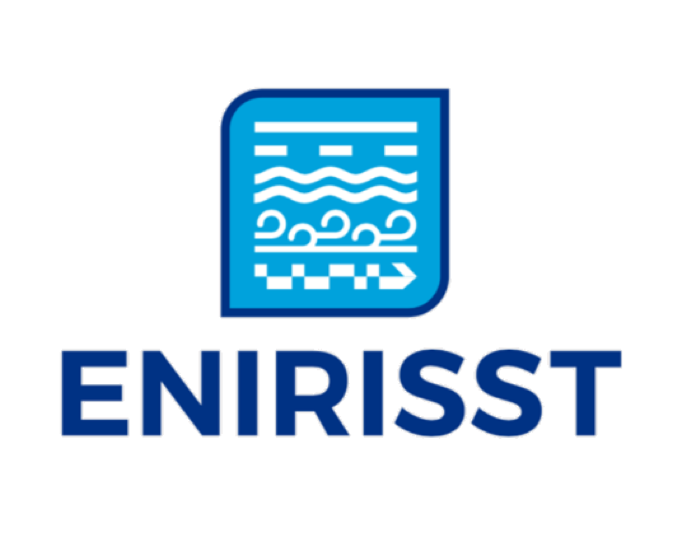
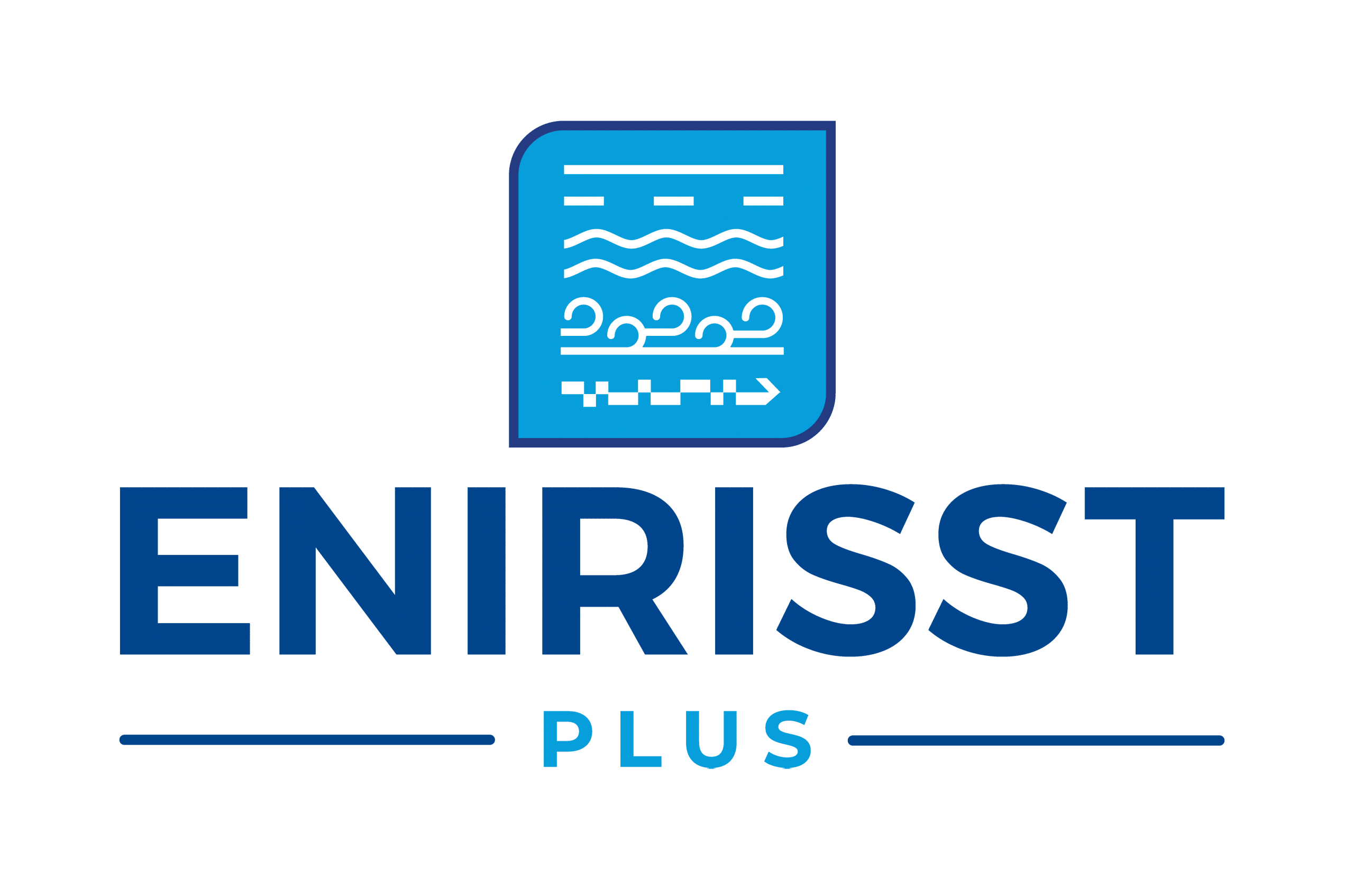
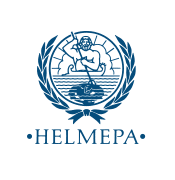
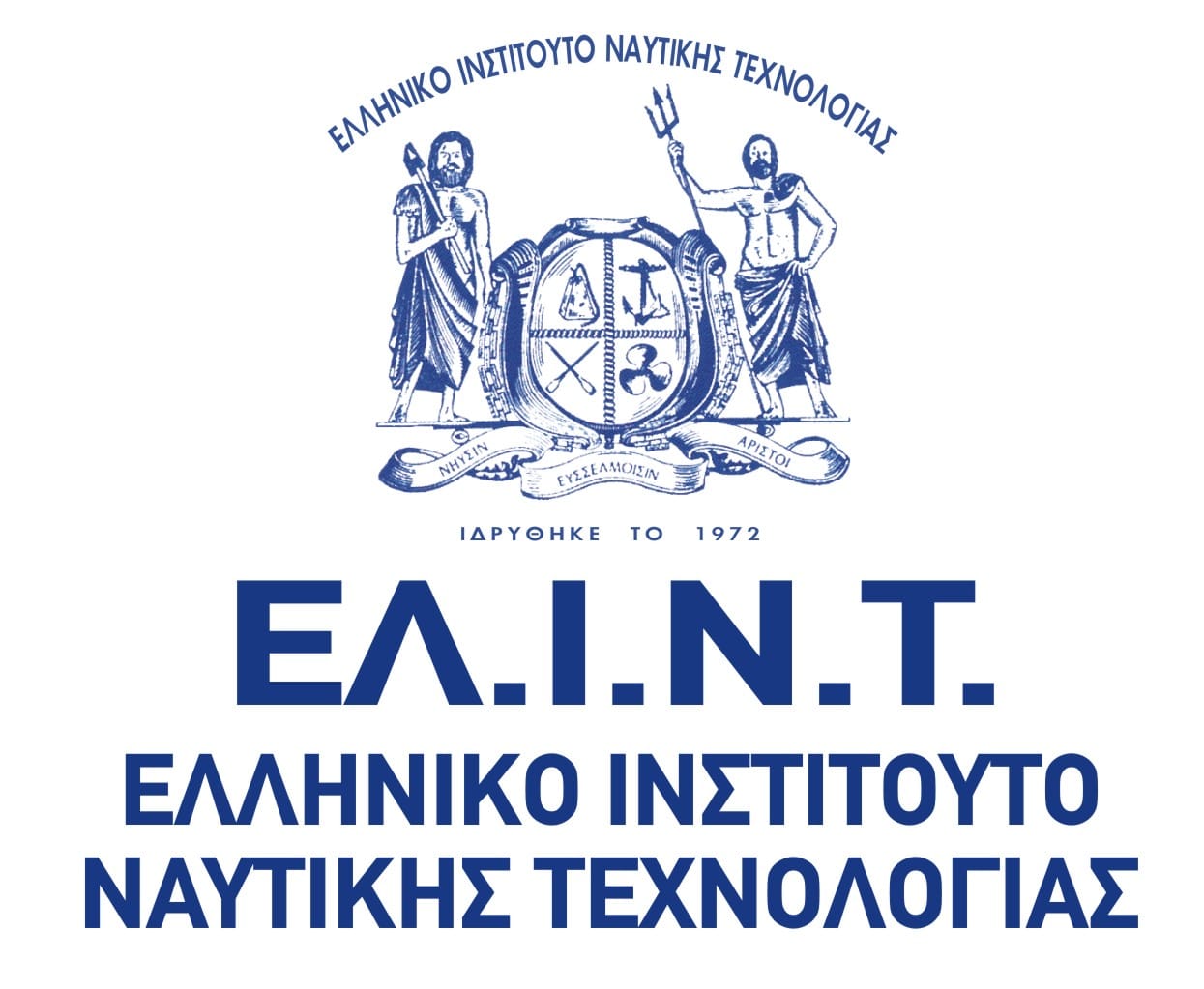
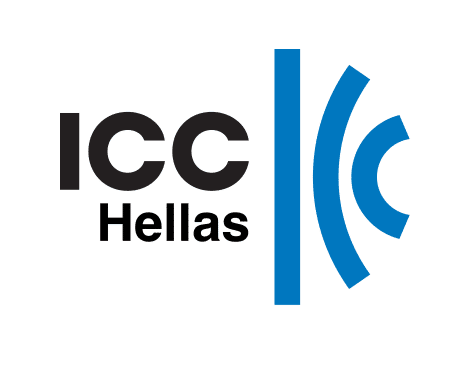
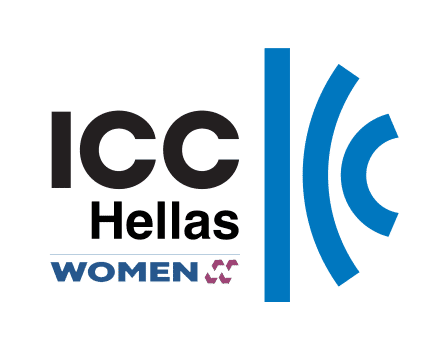

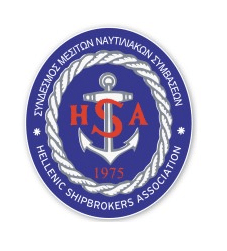
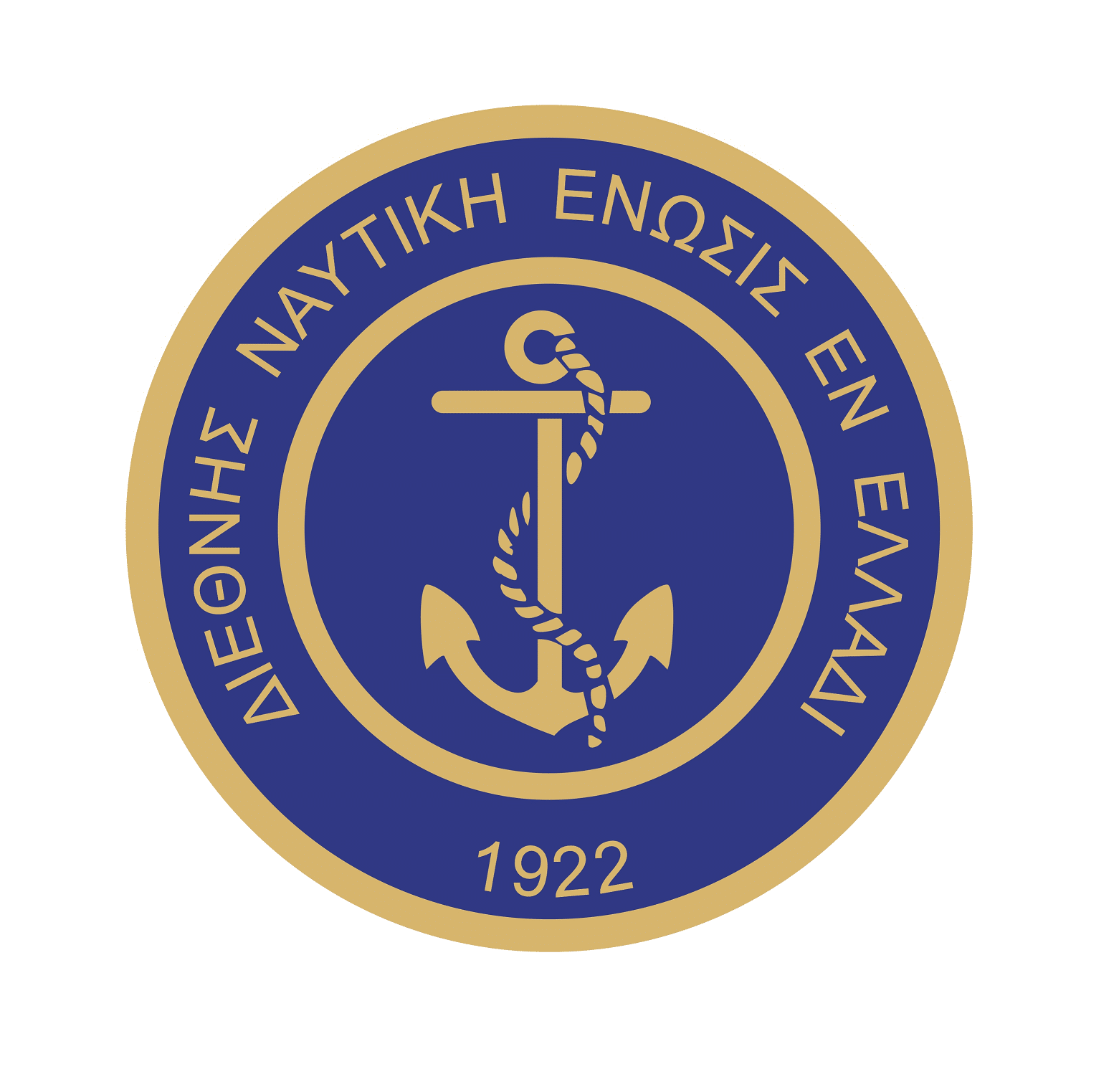

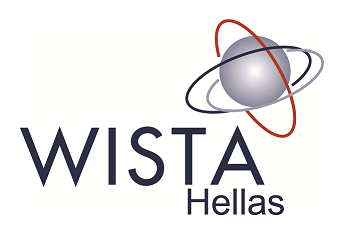
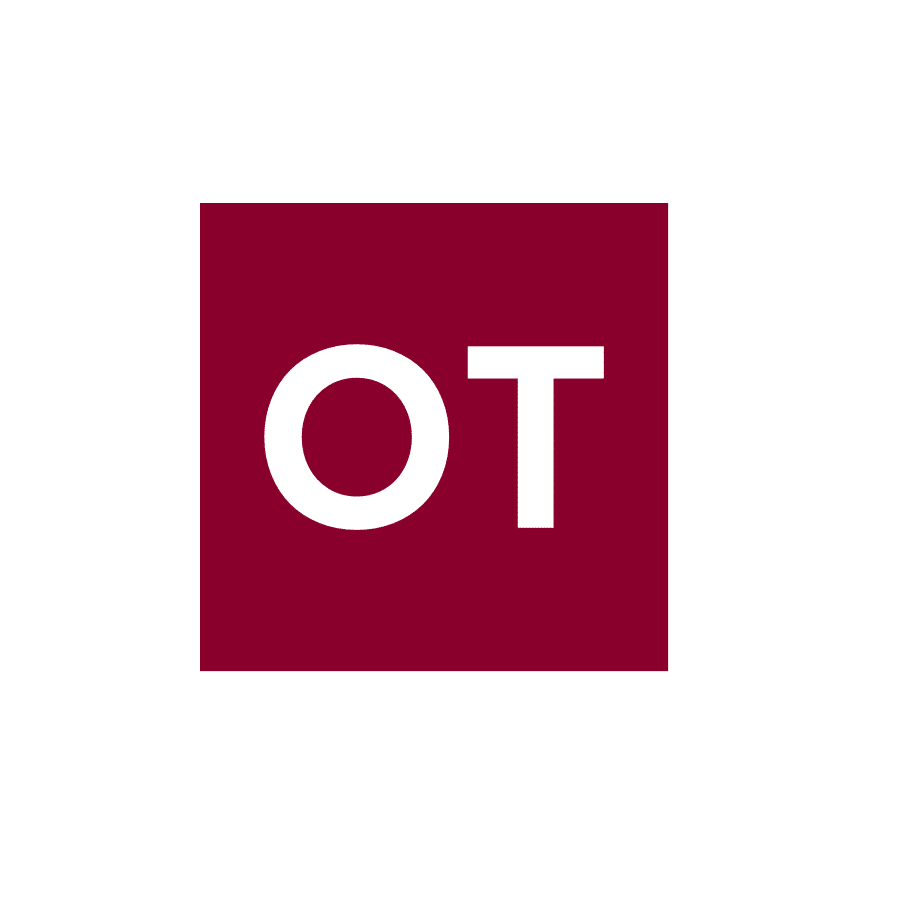
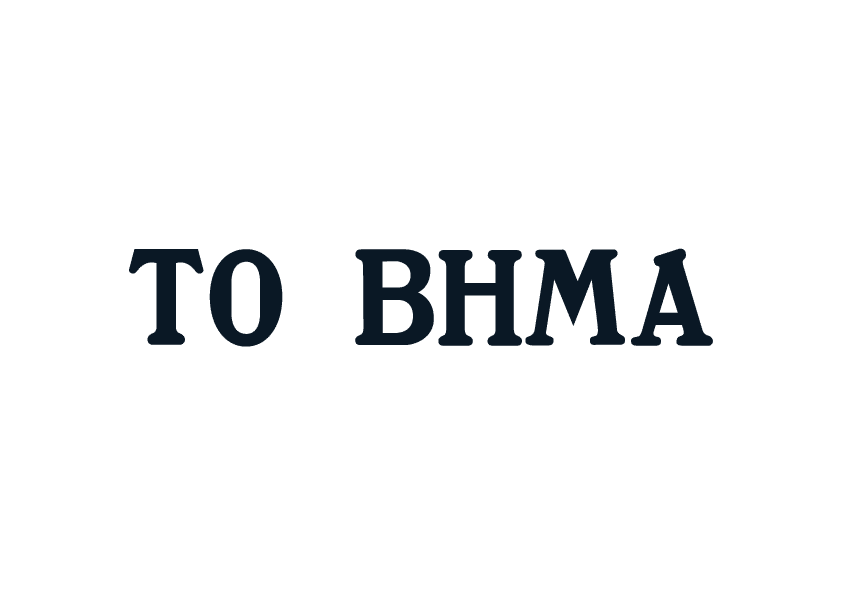
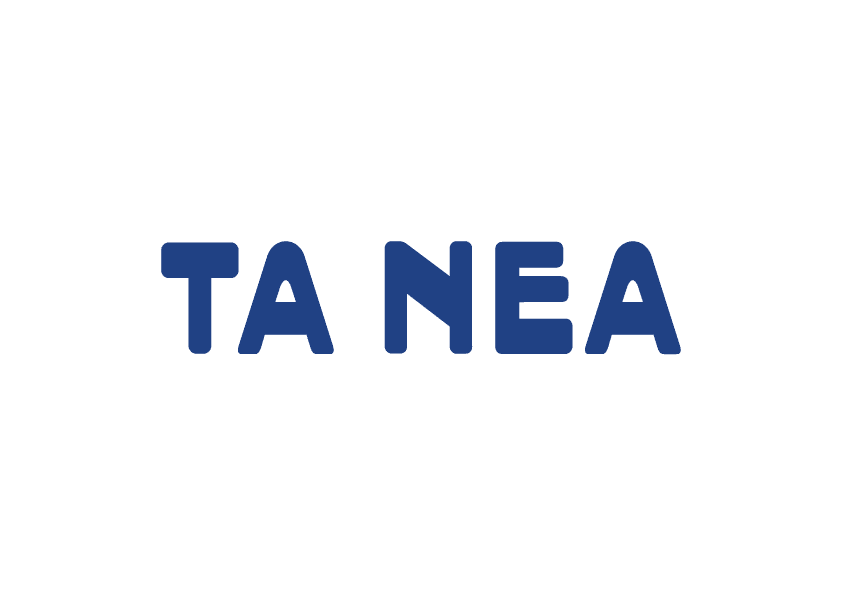

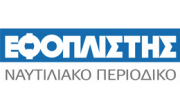
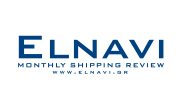
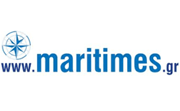
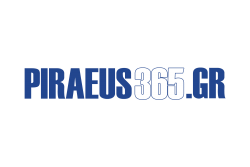

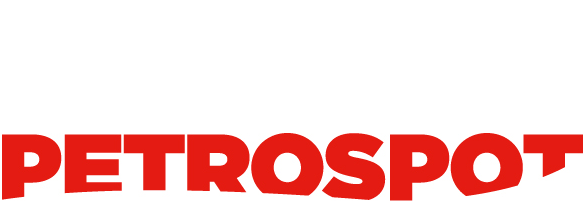
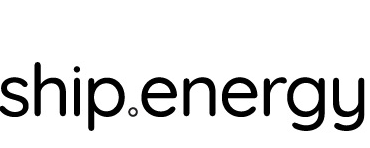

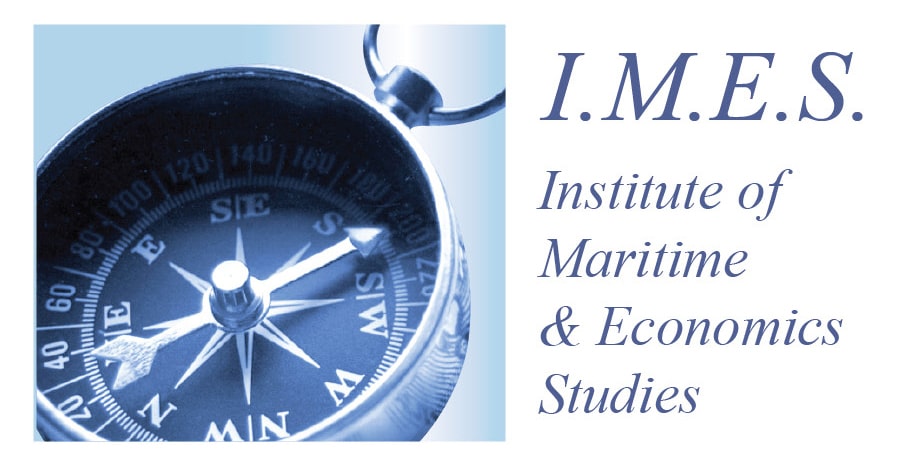

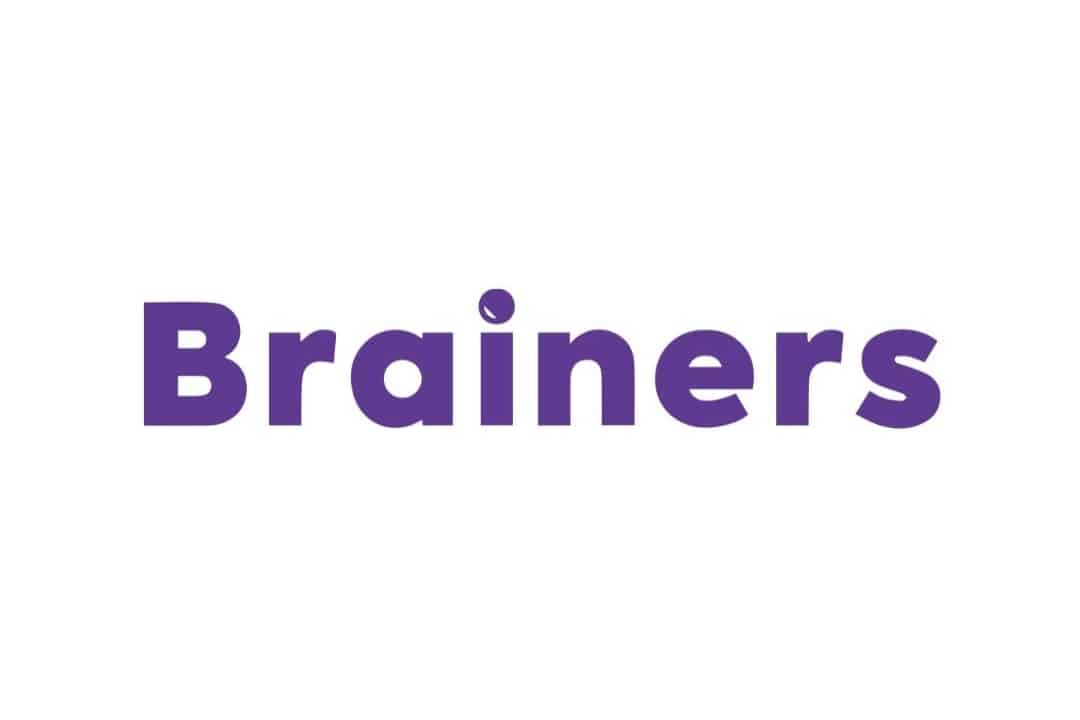

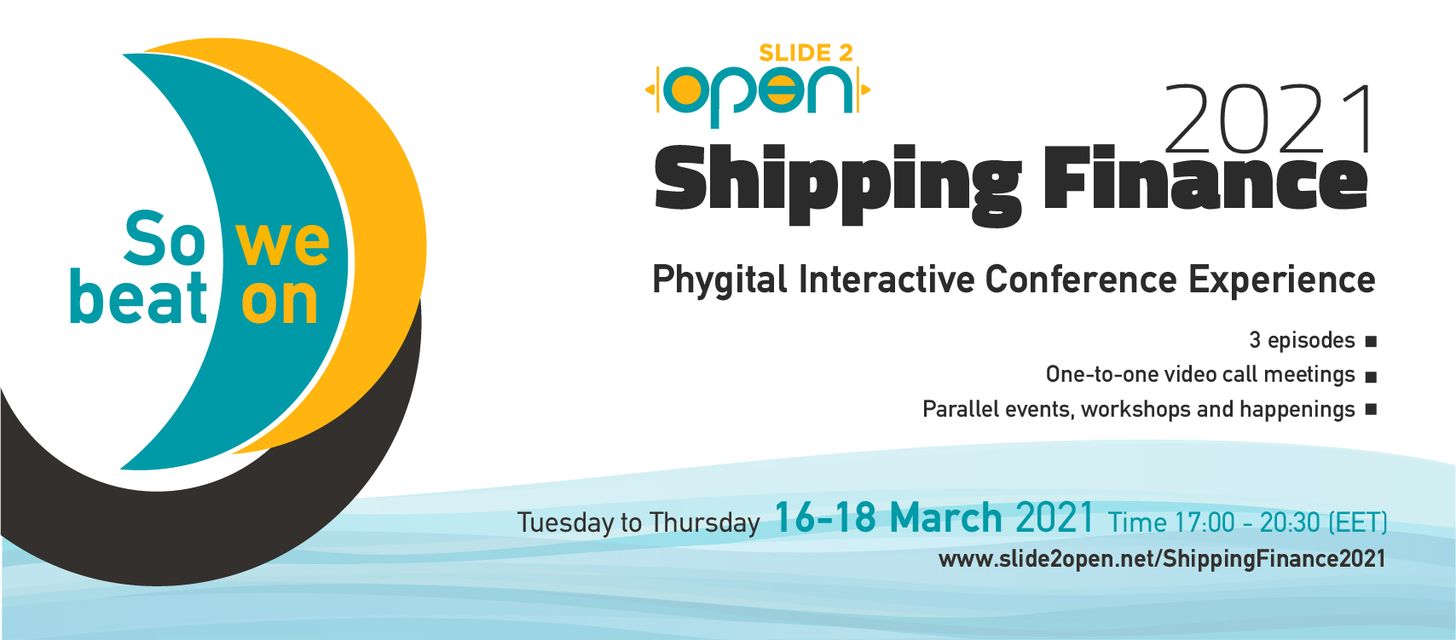 Slide2Open Shipping Finance 2021 Conference
Slide2Open Shipping Finance 2021 Conference
 New Post Event: Global Legal Roundtable on
New Post Event: Global Legal Roundtable on